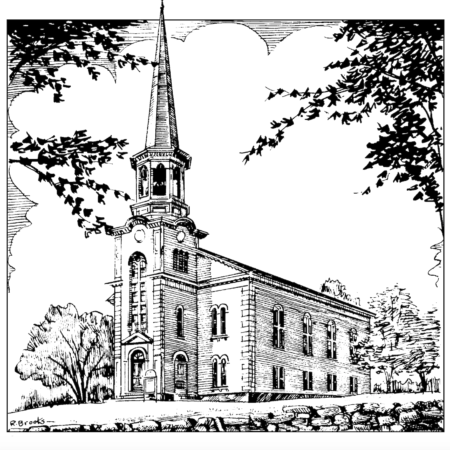Working in Tandem
Matthew 11:25-30
25At that time Jesus said, “I thank you, Father, Lord of heaven and earth, because you have hidden these things from the wise and the intelligent and have revealed them to infants; 26yes, Father, for such was your gracious will. 27All things have been handed over to me by my Father; and no one knows the Son except the Father, and no one knows the Father except the Son and anyone to whom the Son chooses to reveal him. 28“Come to me, all you that are weary and are carrying heavy burdens, and I will give you rest. 29Take my yoke upon you, and learn from me; for I am gentle and humble in heart, and you will find rest for your souls. 30For my yoke is easy, and my burden is light.”
Historical Context
The Gospel of Matthew is often referred to as the “teacher’s gospel.” Throughout the gospel, there is an emphasis on Jesus’ teaching ministry. He leaves the disciples with the directive to go into the world and teach all nations. In order for them to teach others, they must first understand. Teaching facilitates truth becoming wisdom. Teaching reveals who Jesus really is.
Theme: Becoming an Ox with Christ
In a sense, we are all weary and overburdened. In our depths lies hidden a poverty. In the words of this passage, Christ welcomes us in our vulnerability and does not seem to be afraid of it. “Come to me,” he says. Jesus seems to want to teach us to offer this inner poverty to God. It is God alone who can cover it with the right garment. Accepting our inadequacies, Christ takes upon himself what hurts us in ourselves.
And Jesus’ proposal goes even further: our shoulders do not remain empty for long. Once we have entrusted our burden to him he gives us another one, which seems to be even heavier. Jesus calls this new load a yoke, the name of the large piece of wood which connects two oxen to each other to plow or to tow something. We are thus brought from a solitary effort to a common effort. Becoming an ox with Christ is a striking image.
Working in tandem, making a joint effort: this gesture is what connects us to God. Not only is God unafraid of our poverty, but in addition he invites us to undertake with him the great work he is accomplishing in the world: to liberate by bearing the burdens of others.
This task is not one that we can achieve by ourselves. Listening to Jesus’ words, we are called rather to divest ourselves of our own worries and to accept Christ’s concerns in their place, to take upon ourselves a burden that, paradoxically, lightens our load.
This exchange recalls the very significance of Jesus’ life. In the first centuries, people dared to express it like this: Christ clothed himself with our humanity in order to clothe us with his divinity. In this way, he turns us into kings who have nothing greater to do than to carry the burdens of the little ones. Let us then offer our shoulders so that human beings are no longer victims of themselves. This is a kingly service, the beginning of the great liberation. It is the coming of the Kingdom.


0 Comments